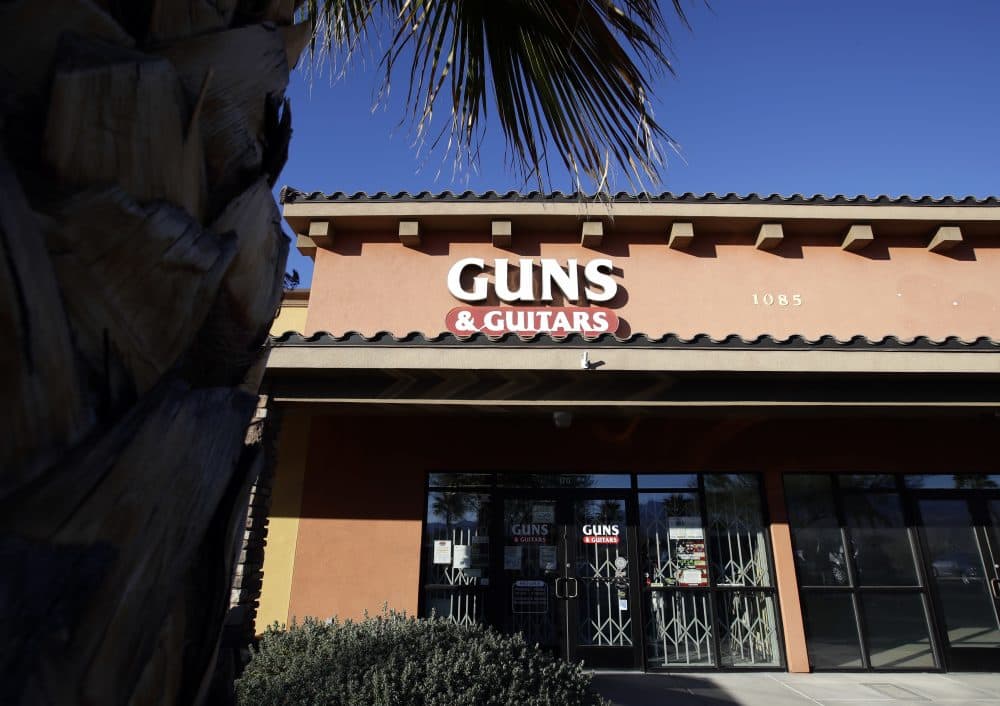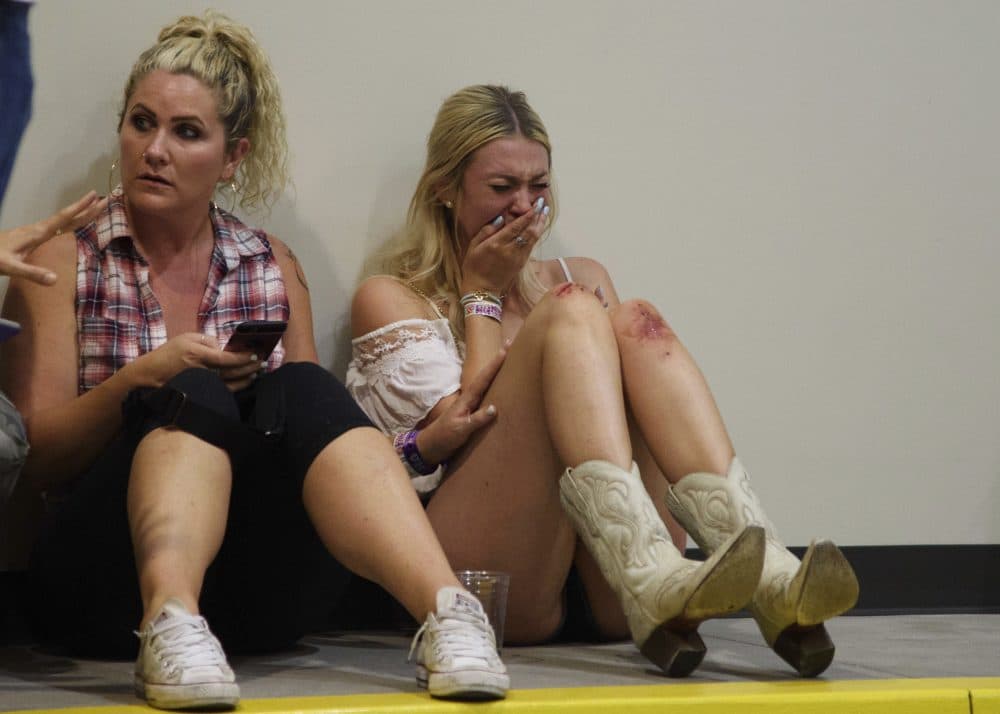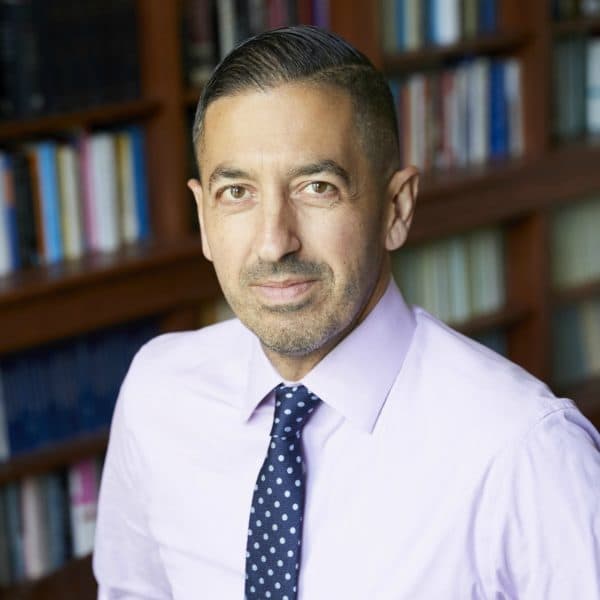Advertisement
Commentary
After Las Vegas, Will We Finally Say 'Enough'?

Gun violence is a public health crisis. As dean of the Boston University School of Public Health, I often comment in the wake of mass shootings. Every time, I try to find a new way of saying what we all know: that mass shootings are a uniquely American epidemic, that we could greatly reduce their number through common sense gun laws passed at the federal level, that the political inertia around this issue is literally killing people.
I wanted to speak out about the mass shooting in Las Vegas right after it happened earlier this week. But, like so many, I did not know what to say. Then I realized I had already said it.
So I will echo what I wrote last year after the mass shooting at the Pulse nightclub in Orlando. What I wrote then still applies today, in the aftermath of a gunman killing at least 59 people and injuring over 500 at a country music festival in Las Vegas. And it will apply after the next mass shooting that absolutely will occur unless we summon the political courage to finally do something.

Just this year, there have already been 274 verified mass shootings in the U.S. More broadly, there have been over 11,000 firearm-related deaths, over 23,000 injuries and over 1,500 accidental shootings.
While it is mass shootings that get the most attention, we must not forget that 93 Americans are killed by guns each day, three times as many are injured, and 25 children die from firearms weekly.
In 2013, there were more than 30,000 gun deaths in the U.S. — and there is no reason to think we will not see similarly horrific numbers by the end of this year. It would not be hyperbolic to say that this type of event has become routine in our country.
Just last week, our school hosted a seminar where we discussed the stories behind gun violence statistics. Our speakers included Clementina Chéry, whose son was killed by a gun, and Mark Barden, who lost his son in the Sandy Hook shooting. Their stories reminded us that for every gun violence casualty, there is a whole network of family and friends whose lives are irreparably harmed by the loss.
When will we say “enough”?
We do not yet know the motives of the Las Vegas shooter, Stephen Paddock. But chances are his actions were inspired by hate. Hate has taken over more and more of our public stage in recent years — whether directed at countries, specific communities or individuals. We have seen it domestically, in Charlottesville and Alexandria, and in the hate-filled rhetoric that has dominated our political conversation. And we have seen it globally, with the rise of ISIS and terror attacks around the world. We even face the real possibility that the hateful back-and-forth between President Trump and North Korean leader Kim Jong-un could lead to a nuclear war.
These forces create a kind of echo chamber, where noisy threats and bluster, punctuated by tragic news reports, drown out the voices of civility and tolerance.
And these forces are given voice — and a chance to realize their worst impulses — because we are awash in deadly weapons. Because we consider it acceptable to let abundantly available guns cause violence in this country. We allow this despite legions of grieving parents, destroyed families and a clear consensus on the part of the American people that our gun laws need to be changed.
Advertisement
And we keep waking up to scenes like Orlando and Las Vegas.
And we keep waking up to scenes like Orlando and Las Vegas. Our Congress continues to shirk its responsibility on this issue, even blocking funding to the Centers for Disease Control and Prevention to research this glaring national problem. With this state of affairs, we have moved beyond numbness towards, shamefully, a kind of complicity.
Guns facilitate hate. They give it a voice that it does not deserve to have. With our country’s history of gun violence, its frequency and the tragic familiarity of its statistics, none of us are in a position to claim ignorance on this issue. We know what guns are doing to us.
When we prioritize the proliferation of these weapons over the safety of our communities, we signal our peace with the status quo. We say that we can live with the possibility that an angry, spiteful person could, at any time, access an assault rifle and use deadly force to broadcast his grievance to the world.
Until we are ready to work towards making the acceptable unacceptable, there are, in reality, no “lone” gunmen. They are abetted by the society they attack.
It was true after Orlando, and all of the other mass shootings that came before and after Orlando. It is true now.

